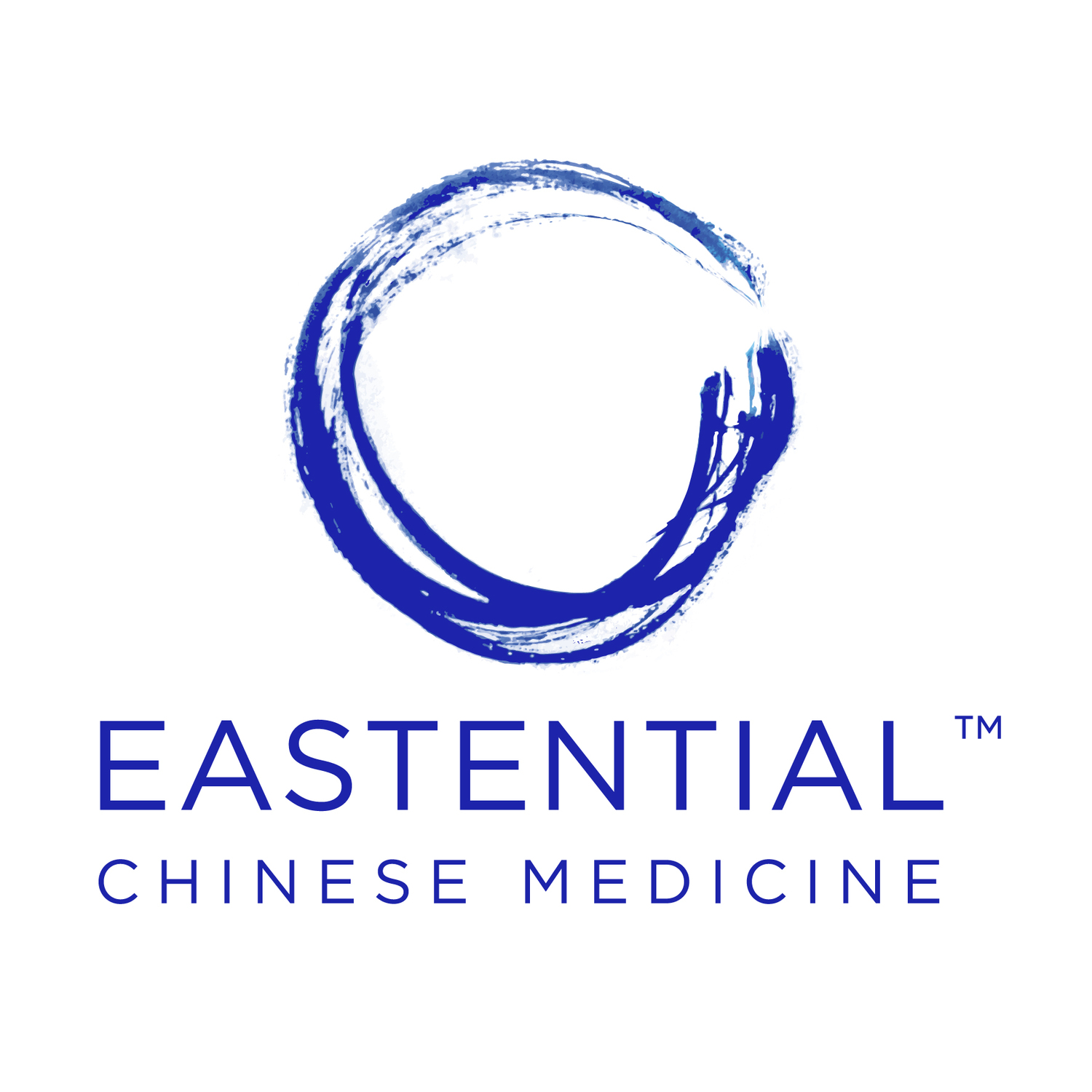The cold, wet and windy change in Melbourne weather signals the arrival of winter. As we head deeper into the colder months, we find ourselves increasingly spending more time indoors. There is a need for more rest and sleep and a noticeable decrease in outdoor activities. Winter represents the most Yin aspect of the four seasons. Yin is cooling, dark, soft, gentle and its energy tends to move inwards.
In Traditional Chinese Medicine (TCM) winter belongs to the organ of the kidneys. The kidneys are known as the ‘root of life’. They store essence (Jing) which we inherit from our parents at birth and this determines our constitution. It is said that if a person has a strong constitution, he or she has strong kidney Jing. The kidneys govern birth, growth, development and reproduction/fertility. Children that are slow to grow and develop might have weak kidney Jing and couples struggling with infertility may suggest some element of poor kidney Qi and Jing. The kidneys manifest in the hair. Beautiful strong healthy hair is an indication of kidney vitality combined with well-nourished blood. As we age, the energy and essence of the kidney decreases and we start seeing strands of white hair appear. Aging is inevitable but to age gracefully and have the vitality to live without major illnesses shows kidney Jing has been looked after and preserved for used when required.
Willpower and drive in life is determined by the strength of the kidneys. If the Kidney Qi is strong the drive will be strong and the mind will be focused on set goals pursued in a single-minded way. When the kidney Qi is weak you will have doubts, fear of failure and be discouraged from your purpose in life. Subsequently this may lead to mental depression and can trigger Seasonal Affective Disorder (SAD) a depressive condition that occurs during winter. It is important to strengthen and tonify the kidneys during the winter months as a preventative measure. To avoid Qi stagnation be gentle with yourself, eat foods that nourish the kidneys and take time to rest and rejuvenate without being overly sedentary. It is best to do gentle long walks in the park or woods or the occasional cross country skiing to admire the beauty of winter. This will ensure that Qi continues to flow while conserving and building kidney strength. The key is to have a good balance between activity and rest. In TCM diet therapy the emphasis is on cooked meals served warm. Anything raw, cold, overly spicy, greasy or deep fried should be avoided. In winter the best way to prepare meals is to slow cook at low temperature. The experience of food should have a grounding and centering feeling which reinforces the capacity for storage – where energy is conserved and strength is built in the lead up to spring.
Kidney nourishing foods Include:
Grains - millet, barley, rye, oat, quinoa, amaranth, black glutinous rice
Beans - soy, black beans, kidney beans, aduki beans
Protein - mutton, duck, beef, fish
Vegetables - mushrooms, leek, pumpkin, beetroot, lotus root, seaweed, sweet potato, potato, yam, mustard green, turnip, kelp,
Fruit - dates, pear, apple
Nuts and seeds - walnuts, chestnuts, black sesame
Herbs & Spices - black pepper, cinnamon bark, clove, fennel seeds, fenugreek seed, garlic, ginger, horseradish, nutmeg, rosemary, sage, star anise, thyme, white pepper
Others - miso paste, black fungus, tofu, chicken eggs, oysters, shellfish

